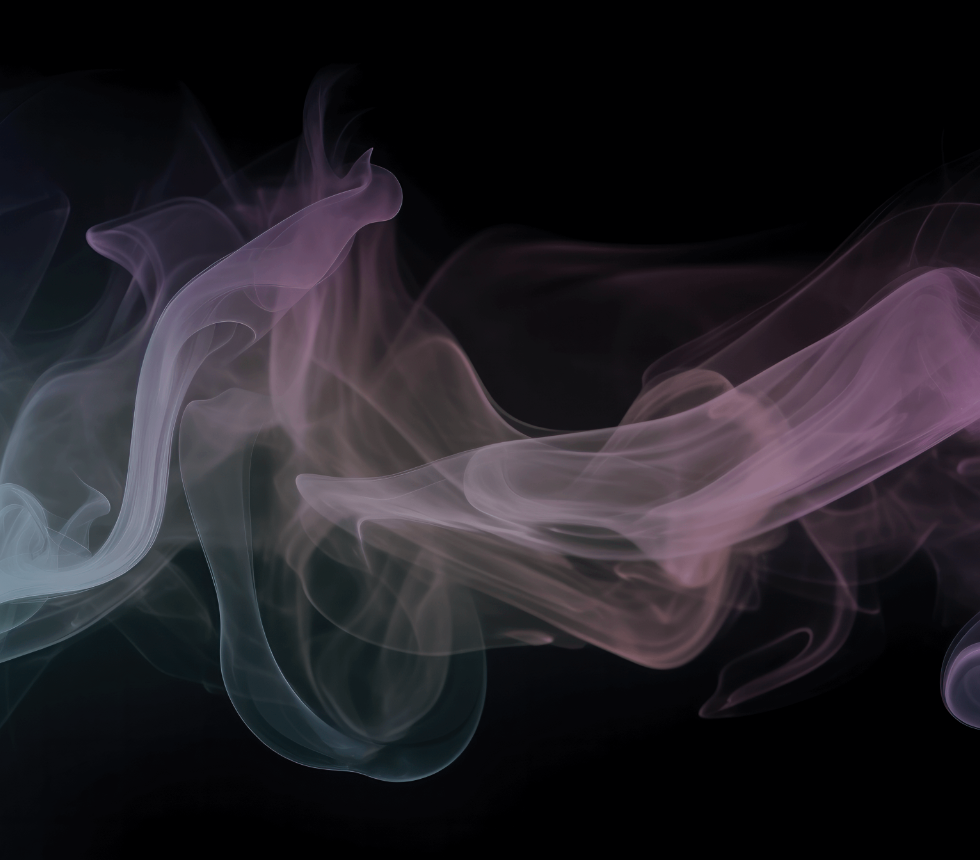
Hygienic Contempt
Perfect for fans of dry humor, human observation, and coffee-fueled realism. Not recommended for the relentlessly cheerful.

The Cult of Relatability
Some people open conversations with “You know what I love?” as if joy were contagious and not a biohazard. They are the carriers of what I call Forced Connection Syndrome: the compulsion to turn every exchange into a TED Talk about gratitude, gut health, or “finding your tribe.”
Relatable people are exhausting. They’re like mirrors that talk.
Politeness as Performance Art
We act calm to avoid homicide. Civilization depends on everyone pretending to enjoy each other. Field data confirms: in group settings, approximately 82% of irritation hides behind phrases like “No worries!” or “It’s all good!” The remaining 18% are people who say “no problem” through their teeth.
There’s a kind of grace in that mutual pretense. You say “how are you,” I say “good, you?” and we both survive another rotation of the sun without drawing blood.
Case study: the workplace elevator. Trapped between floors with a cheerful coworker discussing the weather like it’s a joint custody arrangement. The hum of the car, the faint loop of “Don’t Stop Believin’,” the air smelling faintly of toner and regret. We both check our phones for imaginary notifications. No one talks about how much restraint it takes not to leap out between floors.
Hate as Respect
Proper hatred isn’t cruelty—it’s triage. I don’t hate people for existing. I hate them for refusing to notice they do. The world’s loudest souls always seem least self-aware, as if consciousness were a subscription they forgot to renew.
Curmudgeons aren’t born bitter; we’re conservationists of attention. Every sigh, every eye-roll is a small act of ecological balance. Irritation, when refined, becomes discipline.
Civility is the armor. Hatred, the filter. Between them: sanity.
Proper hatred isn’t loud. It’s efficient. Once you master it, disappointment feels almost relaxing.
* * * * *
Expect less, and reality will never owe you an apology.
That’s the entire curriculum. No seminar required. Just a daily practice of expecting the bare minimum and finding it quietly magnificent when the universe meets you halfway.
I discovered this discipline sometime between my third broken plan and my fifth disappointing entrée. These days, I sigh strategically, not from despair but calibration. I skip hope like it’s a dangerous meal—tastes good, causes bloating.
The Physics of Disappointment
Expectation behaves like gravity: the higher you throw it, the harder it lands on your face. My working formula:
E = mc²
Expectation = Misery × Certainty²
I developed this over instant coffee, stirring with monk-like focus while the foam dissolved exactly as predicted. The mug was chipped, the steam modest, the flavor honest. Everything performing to spec.


